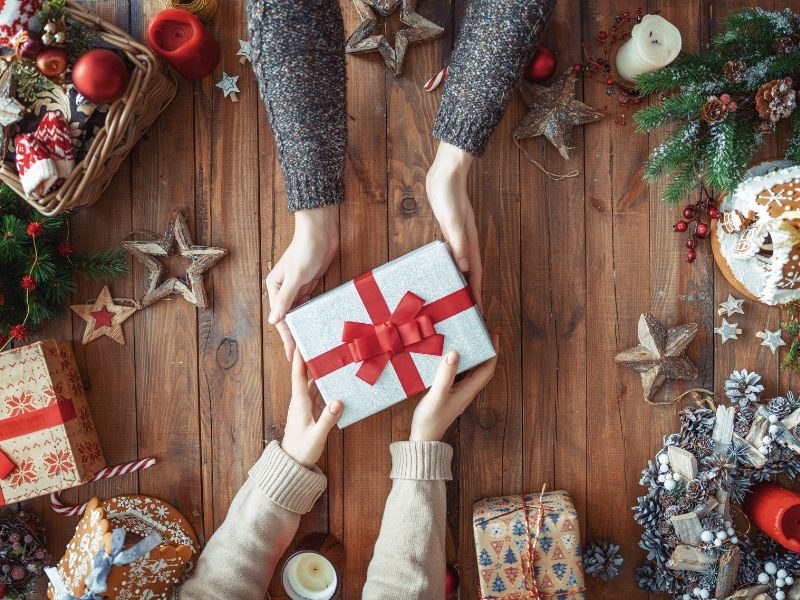I always thought that rituals and traditions were the same thing, but there is actually quite a difference between the two. A ritual is a series of steps or actions that are carried out in a specific order; it is not just simply sacrificing a virgin and waiting for the stars to align.
A ritual is often for religious or ceremonial purposes and usually sometimes as practical as a beauty regiment or exercise.
A tradition, on the other hand, is more of a cultural custom that is passed down from generation to generation, not always involving a knife and a blood moon (by now I am sure you’ve guessed I have a vivid imagination ha-ha).
Tradition doesn’t necessarily have to be religious or ceremonial in nature maybe something as simple as Friday movie nights.
So, next time you’re wondering whether to call something a ritual or tradition, just think, could this make a feel good movie or a horror movie (kidding, well, not really). Think instead about what it means to you and those around you.
difference between rituals and traditions
On the surface, they may appear quite similar – both require prescribed behavior that is handed down through generations or culture. But a ritual is more than just a habit; it involves a particular gravity and intentional practice that is carried out with care and attention.
Whereas traditions may also contain ritualistic elements, except at its core, it tends to carry less of a religious or spiritual significance.
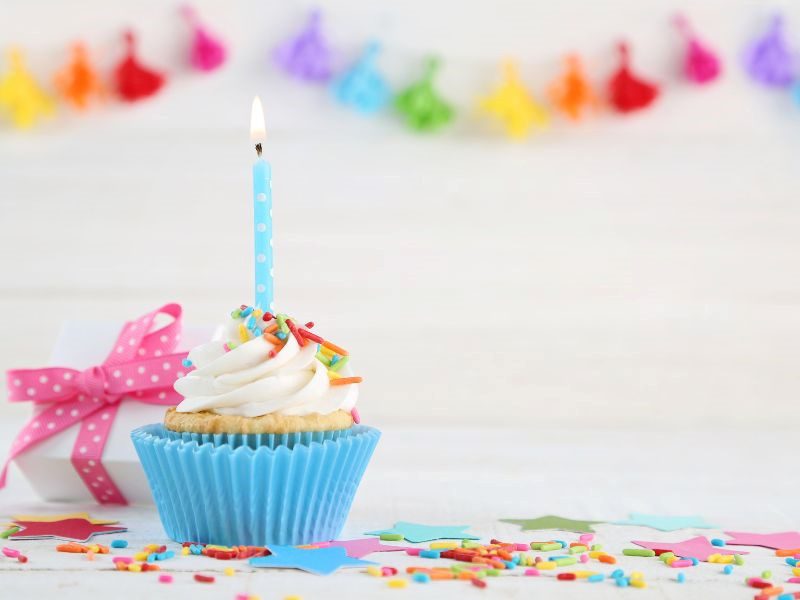
I mean, not all rituals are religious – some have purely functional purposes – however, there is always an meaning behind their practice. Basically, the main difference between ritual and tradition lies in their respective degrees of purposefulness and intentionality.
Which one are you more likely to celebrate – your birthday or Christmas? Your answer is probably both, but they would be celebrated in a different way. A birthday would be marked by a special ritual, like blowing out the candles on a cake, while Christmas would be celebrated as a tradition by spending time with your family and opening wrapped gifts.
What is a ritual?
Rituals are part of life. Whether we realize it or not, we all have certain patterns that we revisit all through our lives in order to give us a sense of comfort and stability. Maybe, like me, a cup of coffee (or 3 ha-ha) are needed each morning before you can deal with adult-ing.
Or are you the type that always begin your day with meditation or just some alone time whatever it is, these moments become rituals that help anchor us to the moment. And while rituals can often be innocuous and everyday ‘blah-blah’ drudgery, they can also be incredibly powerful.
Ever heard someone talk about the power of intention especially when lighting a candle or saying a prayer? That’s referred to as ritual and it has undeniable intensity behind it, behind the faith in it.

Examples of popular rituals from around the world
All around the world, different cultures have their own unique rituals that generations of people practice. From theatrical shows in South Korea to the tulip festivals in Turkey, it’s easy to appreciate all the variety in global traditions.
In Japan, thousands of Shinto devotees gather annually for Setsubun [1], it is a large religious event held at temples to get rid of evil spirits and bring good luck into the New Year.
Meanwhile, Hindus celebrate Diwali [2] – this is sometimes called the “Festival of Lights” popularly signifying joy and enlightenment – all across India. No matter what sort of customs you look into, there’s something amazing about all humanity’s connection with their past that binds us through time and space!
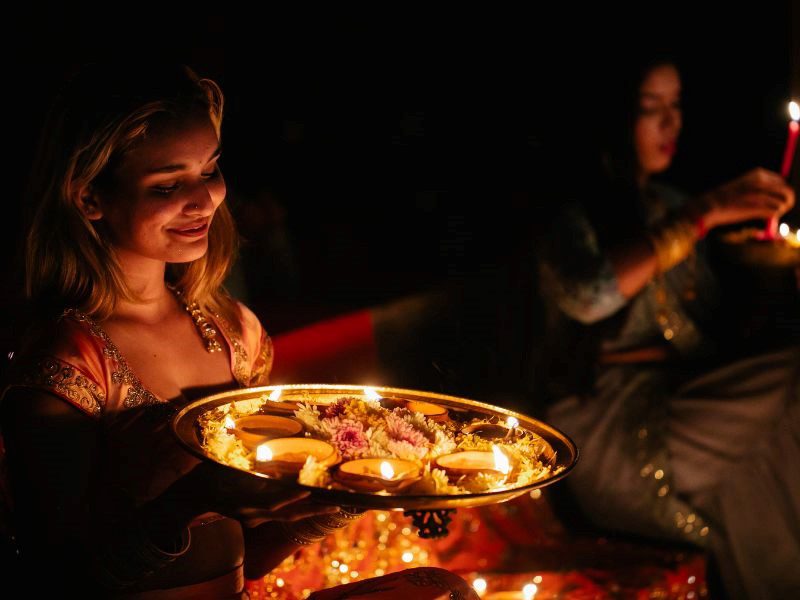
Examples of rituals – common types
One customary type of ritual is a burial ceremony, which is often used to mark the end of a person’s life, like my sweet special needs warrior son, Jaden 🙁 . Burial ceremonies are sentimental and can vary widely, but they often involve some kind of religious or spiritual component.
In many cases, the beloved body of the deceased is placed in a polished oak veneered coffin which is then lowered into a unearthed grave and then recovered with earth. This act symbolizes the finality of death and the most fervent hope (my most fervent hope) that the person will find peace in the afterlife.
More examples of rituals, both religious and secular:
An example of a religious ritual might be a baptism, which water is poured over the head of a person who has been ‘born again’. This act symbolizes their chosen new life of walking in Christ and their commitment to living according to His teachings.
A secular example of a ritual is a graduation ceremony, in which graduates walk across a stage and receive their diplomas (super proud of my hubby who is a graduate as well). This symbolizes their achievements and hard work over the years, and marks the beginning of a new chapter in their lives.
Similarly, the act of passing through a door after a wedding ceremony signifies the transition from single life to married life. No matter what form they take, rituals are powerful signs that can help us to connect with our families, our community, and our higher power.

Tradition examples
There are some traditions that families pass down from older generation to younger generation. For some, these traditions are an important part of their identity and help to connect them to their heritage. Others can view tradition with a critical eye, questioning why certain customs are still observed.
Regardless of personal opinion, there is no denying the power that tradition can have in our lives. Some traditions are based on religious or cultural beliefs for example, many Jewish families observe the Passover [3] holiday each year. This tradition commemorates the story of the Exodus, when the Jews were freed from slavery in Egypt. This holiday is celebrated by gathering together with family and friends, sharing a meal, and illuminating the story of Exodus.
Likewise, Muslims celebrate the holy month of Ramadan [4] each year. In this time, Muslims fast from dawn to sunset and engage in prayer as well as reflection. At the end of Ramadan, families gather together to feast and give thanks for their blessings. Other traditions are more secular in nature but no less significant. For example, some families have the tradition of eating supper/dinner together each evening to talk about their day and just spend some quality time together.
This simple ritual grants a time for connection and bonding that might otherwise be lost in the hustle& bustle of daily life. Similarly, many families have bedtime rituals such as reading stories or saying prayers together. These rituals help to create a sense of security and belonging for children which can be fondly remembered long into adulthood.
No matter what form they take, traditions play a vital role in our lives. They help to create bonds between family members and friends providing a sense of continuity over time.
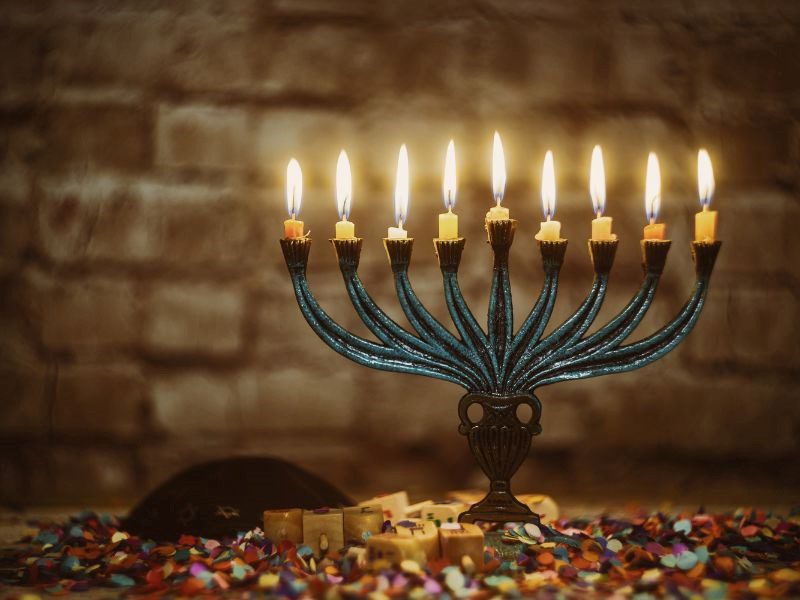
Tips for incorporating rituals into your daily life
Incorporating rituals into your daily life can be beneficial in so many ways as it usually is when experiencing new things. For starters, rituals add structure as well as discipline to your day-to-day — two aspects that are vital when it comes to achieving a well balanced lifestyle.
Start small by creating mini tasks that you can integrate into your routine every day; things like taking a brisk walk everyday or taking the time to read for 15 minutes before going to sleep at night.
Rituals don’t have to take up a lot of your time; even simple tasks can make a big difference in terms of health and cultivating more meaningful habits.
Difference between rituals and religious traditions
Rituals are not often seen as a way to connect with the divine, but they are often an important part of religious traditions. There is a key distinction between rituals and religious traditions.
Religious traditions are generally codified sets of practices that are handed down and often have a specific orthodoxy that must be followed.
Rituals, on the other hand, are more flexible, adapted to the needs of the individual or community and they can be used to mark important moments in our lives.
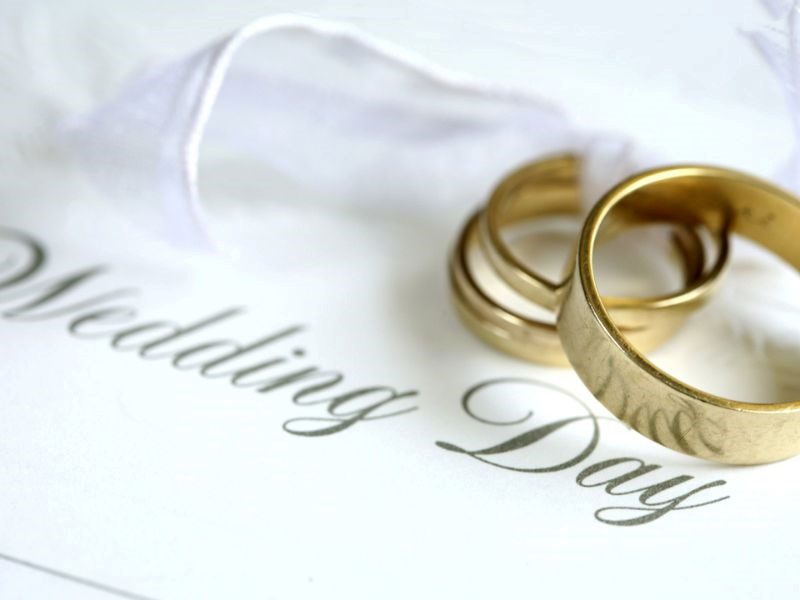
For example, a wedding is a beautiful and symbolic ritual that is often associated with religious tradition, but it can also be adapted to fit the needs of a secular couple. The key difference between rituals and religious traditions is that rituals are more personal, while religious traditions are more rigid and institutionalized.
Before you go….
Anywho, there you have it, the difference between rituals and traditions according to me 🙂 . So, which is it for you? Are you team tradition or team ritual? Do you think there is a difference between the two, or are they one and the same? A ritual can be anything from the way you make your tea (PSSSH obviously it is coffee for me!) to taking a luxurious bath at night.
It’s all about creating an experience for yourself that is meaningful and intentional. And if you find yourself getting too stressed out about following all your family’s traditions, don’t be afraid to let some go – after all, they’re supposed to make us happy.
What holiday traditions do you have? What ritual do you follow that helps keep you calm during chaotic times? I’d love to hear your thoughts in the comments below.
